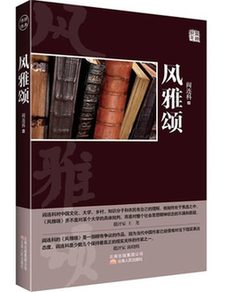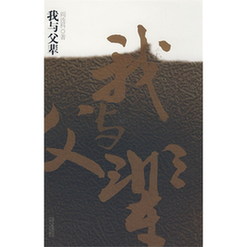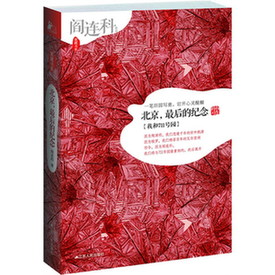Path of his own pen
Updated: 2014-03-11 10:09
By Mei Jia (China Daily)
|
|||||||||||
Yan's works
Lenin's Kisses (2003)
The novel revolves around the story of buying the corpse of Vladimir Lenin to build a monument in a village. The villagers collect funds for their project, envision large profits, but finally the project consumes the village and the solidarity of the villagers.
Eulogy and Academe (2008)
 |
|
Eulogy and Academe |
The novel is a satire of university intellectuals and academic circles. A professor of classical Chinese literature threatens his vice-principal, who is also his wife's lover, for money to publish his research.
Yan was rebuked by intellectuals for this fictional publication.
My Father's Generation and I (2009)
 |
| My Father's Generation and I |
The book is a memoir about Yan's family and his hometown in Henan province. The book, which touched the hearts of many, is an attempt to trace his roots.
Discovering Novel (2011)
 |
|
Discovering Novel |
The book is a collection of essays that reflects Yan's thoughts on literary theories besides creating novels. Yan believes many ideas in the novel are guidelines for him to write and for the readers to understand his works better. He brings up the theories of "inner truth" and "deity realism" in the book. The Chronicle of Zhalie, his latest novel, is said to be a perfect example of the theory.
"I abandon the logical connections on the surface. What I really care about is not the swirls on the surface of a river, but the physiognomy of the river bed," Yan says.
Beijing, The Last Memory (2012)
 |
| Beijing, The Last Memory |
To Yan, the book is a pastoral eulogy of his lost "garden" - his former residence in Fengtai district in Beijing. Courtyard No 711 was where he grew vegetables and developed his writing.
The book, with detailed narration on the plants and animals and Yan's life in the house, is hailed as China's Walden, a classic by transcendentalist Henry David Thoreau.
Related Stories
K-drama hit boosts book sales 2014-03-06 16:56
Oscar award sparks book sales 2014-03-06 12:48
Book series explores challenges of today's microfinance 2014-02-18 10:29
Books have formula for success 2014-02-11 09:56
People read books at library in Spring Festival 2014-02-03 11:48
Today's Top News
Crimea would offer choice of passport
Renminbi is 'top priority' for London's Lord Mayor
Vietnam to shift search area for missing plane
Xi and Obama talk about Ukraine
Greenland expands overseas
Tibet welcomes more visitors
The search for flight 370 goes on
Obama to meet Ukrainian PM
Hot Topics
Lunar probe , China growth forecasts, Emission rules get tougher, China seen through 'colored lens', International board,
Editor's Picks

|

|

|

|

|

|





